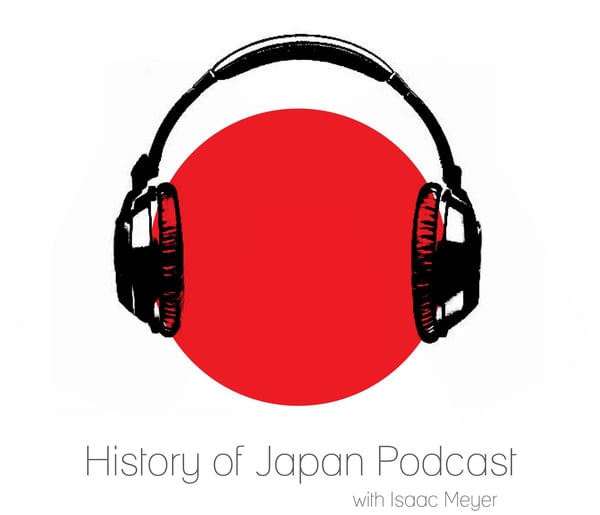Episode 47 - The Emperor's Own, Part 3
History of Japan
Isaac Meyer
4.8 • 744 Ratings
🗓️ 5 April 2014
⏱️ 26 minutes
🧾️ Download transcript
Summary
This week, we'll continue with our story of the rise of Japan's military to power; after the crushing of Russia in 1905, the army and navy will lose power and influence to the civilian government as political parties rise to prominence. However, storm clouds gather on the horizon as World War I convinces some military leaders of the necessity of a military state and antagonism between the armed forces and the civilian leadership grows.
Transcript
Click on a timestamp to play from that location
| 0:00.0 | Hello and welcome to the History of Japan podcast. |
| 0:18.8 | Episode 47, The Emperor's Own, Part 3. |
| 0:24.1 | We last left off after Japan's victory in the first Sino-Japanese War. |
| 0:29.9 | Japan had triumphed over China in an unexpected victory which shocked many Western observers. |
| 0:35.7 | However, this victory had been marred by Russian intervention to prevent Japan from gaining |
| 0:40.3 | control of territory that the Russians wanted for themselves. |
| 0:45.3 | This set up a Russo-Japanese rivalry that would simmer for the next decade. |
| 0:51.3 | As the Japanese began preparing for war with Russia, they first assembled alliances to ensure that Japan would not confront the threat from the Tsar alone. |
| 1:01.7 | The 1902 signing of the Anglo-Japanese alliance was very much an issue of convenience for both sides, with Japan looking to protect its holdings from Russia and East Asia, and the |
| 1:12.8 | UK looking to stami Russian influence in India and Central Asia. |
| 1:18.4 | The Imperial Japanese Army began stepping up preparations for war by enlarging the size of both |
| 1:23.4 | its reserve and regular forces. |
| 1:26.5 | The Navy began using this new British alliance to expand its program of shipbuilding as well. |
| 1:32.3 | As the top leadership began meeting to plan for a war with Russia, |
| 1:37.3 | with the Genro, the men who had led the major restoration, |
| 1:40.3 | brokering between the Army and Navy, since legally the only person who controlled both the army and |
| 1:46.0 | navy was the emperor, who was discouraged from taking an active role in politics or management, |
| 1:51.1 | lest his image be tarnished by scandal. The plan they came up with was pretty straightforward. |
| 1:57.2 | Since Japan was not connected to the Asian landmass directly, it would need to keep the sea lanes between Korea and Japan open in order to keep fresh troops moving towards the battlefield. |
| 2:08.8 | Thus, the Navy's job would be to preferably destroy or less preferably trap the Russian Eastern Fleet garrisoned in Port Arthur north of Korea, opening |
| 2:19.5 | the way for the army to send troops in to drive the Russians back in a lightning offensive. |
| 2:25.7 | Russia had, for around 10 years at this point, been stationing more and more of its own troops |
... |
Please login to see the full transcript.
Disclaimer: The podcast and artwork embedded on this page are from Isaac Meyer, and are the property of its owner and not affiliated with or endorsed by Tapesearch.
Generated transcripts are the property of Isaac Meyer and are distributed freely under the Fair Use doctrine. Transcripts generated by Tapesearch are not guaranteed to be accurate.
Copyright © Tapesearch 2025.

